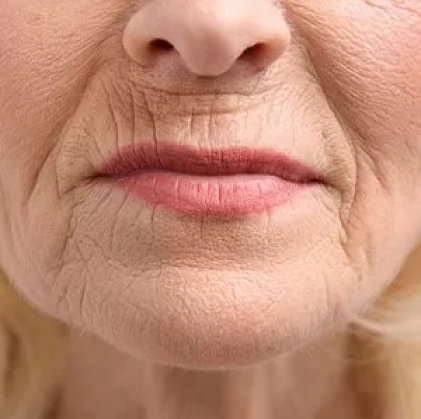- At the end of the 19th century and the beginning of the 20th century, smiling became a liberalizing act of beauty and women.
The Italian writer, diplomat and archaeologist Carlo Dossi (1849-1910) made famous the phrase "A smile is to beauty, what salt is to food." Dossi was one of the main exponents of the artistic and literary movement called Scapigliatura that emerged with a spirit of rebellion against traditional culture and the gentrification of society. At the end of the 19th century and the beginning of the 20th century, smiling was not exactly an example of good manners, especially for high-born ladies. Laughing out loud was more typical of the common people and the most popular classes. The smile was a childish and disdainful gesture. European artistic culture showed that laughter was reserved for crazy people, drunks, children, people of entertainment and bad living.
Hence the revolutionary nature of Dossi's phrase: the smile became a liberalizing act of beauty in its fullness and of society's decomplexity in the face of a new reality that was inevitably arriving: Modernity. For women, laughing in public and showing all the splendor of the mouth and face was also considered an act of vindication and femininity.
Some experts point out that the aesthetic dentistry emerges in this century with new highly effective treatments and products such as teeth whitening, veneers or dental implants, among others. But already in 1400, teeth were made from ivory bone or in 1700, the first ceramic dentures were placed.
Curiously, the smile, as a determining aesthetic element in the unapologetic liberalization of femininity and women's beauty, emerged at the end of the 19th century and beginning of the 20th century, dates in which the Suffragette movement would also begin to operate (1848). with the Seneca Falls Declaration of Sentiments in the United States and that would culminate one hundred years later, in 1948, with the Universal Declaration of Human Rights that recognizes women's suffrage as a universal human right.



